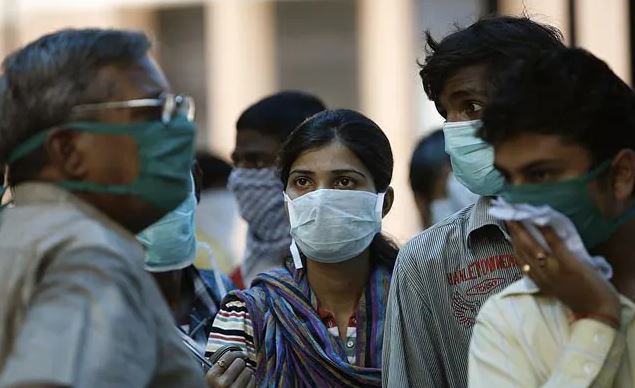Noting a sudden spurt in the cases of the H3N2 virus, which has become a cause of concern ahead of the Holi festival, Dr S Chatterjee, Senior consultant internal Medicine Apollo hospital said that the cases of respiratory tract infections have risen considerably in the last couple of months.
However, he said that the rise in cases is of the most common Influenza and not Covid.
Dr Chatterjee said that the symptoms of the Influenza virus, reported in January last year, include shortness of breath.
“People are mostly showing symptoms of fever, body ache, sore throat, cough, runny/blocked nose and a few shortness of breath,” he said, adding that people this time are taking a slightly longer time to recover and especially are having persistent cough and weakness.
“Covid appropriate behaviour that we have learnt over the last couple of years would also help in preventing influenza,” Dr Chatterjee said.
He also said that antibiotics should be avoided and immunocompromised people, persons with lower immune system defences, must take all precautions.
“Unnecessary antibiotics are not mandated and should be only under the guidance of a treating physician or paediatrician,” he said.
“If a person is not improving, he should definitely seek consultation with a doctor. Immunocompromised people and with comorbidities are at an increased risk of a more serious illness,” the expert added.
Recently, the Indian Council of Medical Research (ICMR) has called Influenza A subtype H3N2 as the major cause of rising respiratory illness in India.
According to the data given by ICMR, Pan respiratory virus surveillance has been established by ICMR/DHR across 30 VRDLs.
Emphasising the clinical features of Influenza A H3N2, ICMR has said that this subtype appears to cause more hospitalizations than other influenza subtypes.
“Out of the hospitalized SARI patients with influenza A H3N2, about 92 per cent are suffering from fever, 86 per cent from cough, 27 per cent from breathlessness, 16 per cent with wheezing, and additionally, 16 per cent had clinical signs of pneumonia and 6 per cent has seizures. Also, 10 per cent of SARI patients who have H3N2 needed oxygen, and 7 per cent required ICU care,” ICMR stated.
ICMR has also suggested people wash their hands regularly and avoid shaking hands and spitting in public.





